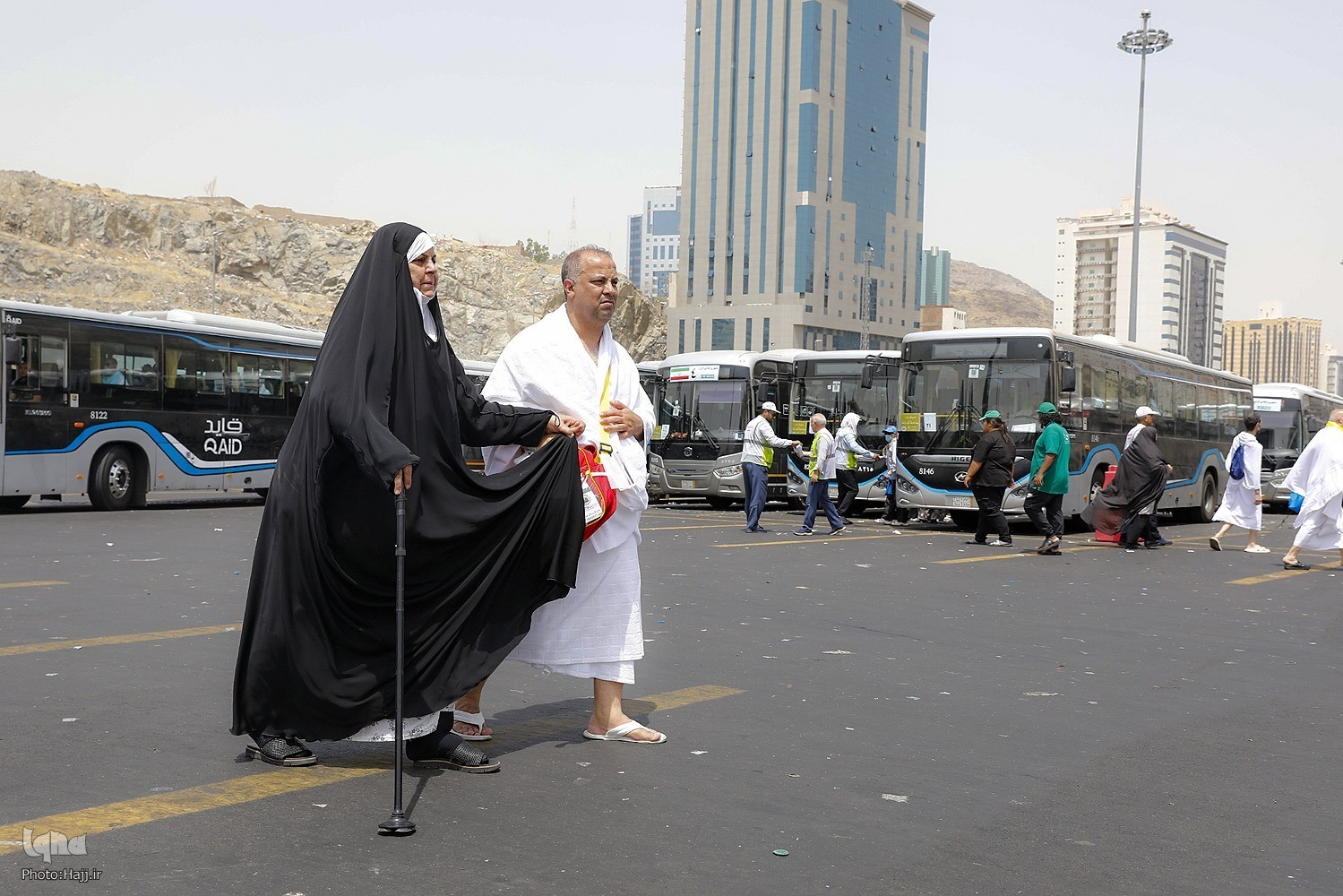Iranian Health Official Lists Medical Risks That Disqualify Pilgrims from Hajj

Seyyed Ali Marashi said that pilgrims with heart failure, a heart attack within the past three months, or liver or kidney transplants in the last six months will not meet the physical fitness criteria needed for Hajj.
He added that chronic kidney failure, dialysis, pregnancy in the past six months, current pregnancy, a history of epilepsy, or ongoing psychiatric treatment similarly prevent approval for the pilgrimage.
Marashi further noted that recent surgeries (within three months) and a stroke in the past six months are also grounds for disqualification.
Intending pilgrims are instructed to carefully review these requirements ahead of pre-registration for Hajj which is set to begin this week in Iran. He said that pre-departure medical screenings will begin at the end of this week.
Read More:
He explained that the registration form includes a self-declaration section for medical conditions. If a screening physician determines the applicant lacks physical suitability, their name will be removed from the Hajj dispatch list for the next year.
Marashi expressed hope that pilgrims would follow health and treatment recommendations to enjoy an accepted Hajj.
The Hajj pilgrimage is one of Islam’s Five Pillars, mandatory for every adult Muslim who is physically and financially capable.
Read More:
According to health guidelines issued by Saudi authorities, the pilgrimage involves substantial walking, standing and exposure to crowded, high-temperature conditions, which means good cardiovascular, respiratory and renal fitness is essential.
For instance, one guide recommends that pilgrims gradually build aerobic fitness to withstand walking long distances and manage heat and fatigue during the rituals.
4312721



